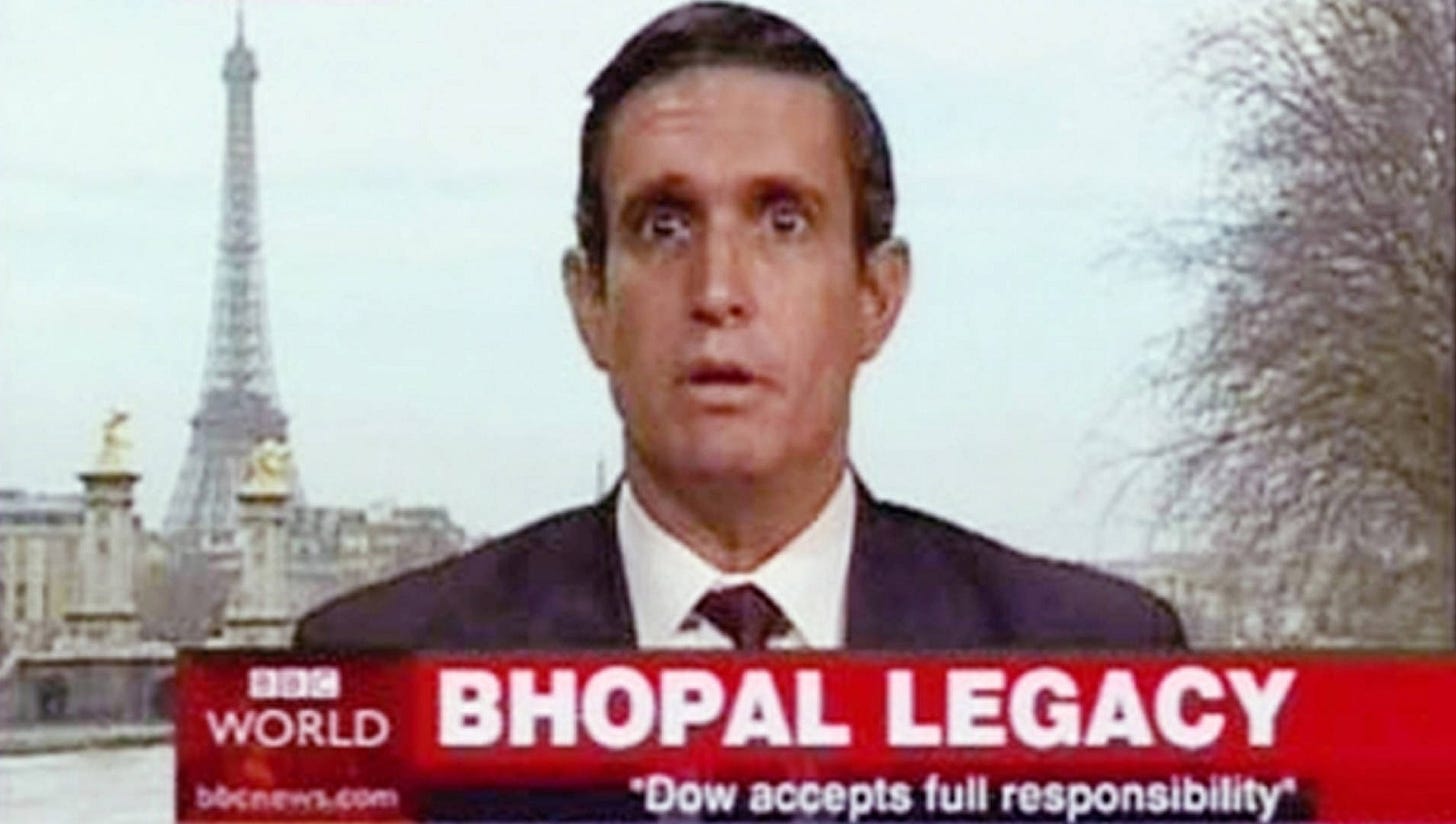Hello,
The British Broadcasting Corporation aka BBC is in the news this week as the Indian Income Tax officials decided to survey its premises. The survey was carried out to ‘investigate issues related to international taxation and transfer pricing of BBC subsidiary companies’, but it has largely been seen as a retaliation for its documentary ‘India: The Modi question’ which the Indian government is trying to ban.
This week’s newsletter is dedicated to newsworthy stories about the BBC.
Things we learnt this week 🤓
The BBC has a history of being expelled from India for its documentaries. In the 70s it was banned for broadcasting two documentaries, ‘Calcutta’ and ‘Phantom India’. But the BBC was renowned for being able to break the news before the state broadcaster Doordarshan. The news of Indira Gandhi’s death was broken by BBC as its correspondent Mark Tully, got to know from the doctors at Delhi’s AIIMS hospital. Doordarshan only announced that Indira Gandhi was shot and seriously wounded, though she had died on the spot. Doordarshan reported the death only during the night bulletin. That’s some time difference.
Kapil Dev’s magical 175 during the 1983 World Cup was a world record score at the time and helped India recover from 17/5 in a must-win game to beat Zimbabwe. This inspired the team to greater heights and India would win the 1983 World Cup. But nobody has seen footage from the innings. The prevailing myth was that the BBC was on strike and hence we all missed out on an epic innings. But the truth is that the game wasn’t going to be shown on TV anyway. Here’s a schedule that proves that the game was only going to be on radio.
Back then, BBC had only 2 channels with 4 matches going on every day. Pakistan v England and Australia v West Indies were shown on the 2 channels. Radio commentary from BBC was available and you can listen to it here.
The Bhopal Gas tragedy was an unmitigated disaster. The leak from the Union Carbide factory is said to have killed over 20,000 people and is still causing health issues for people in Bhopal. In 2001, the Union Carbide Corporation was sold to Dow Chemicals. In 2004, the BBC invited Jude Finisterra, a spokesperson for Dow, for an interview about the incident. Finisterra mentioned that Dow had accepted responsibility for the leak and had agreed to liquidate Union Carbide and pay $12 billion to people affected by the leak. The interview continued for two hours until the BBC realised that Finisterra (which means ‘end of the world’) was in reality an impostor named Andy Bichlbaum. However, it was too late for Dow. Two hours was enough time for its stock to fall by $2 billion. And that friends, is a Dow-nfall worth remembering.
From IWTK, with love 💌
Censor certificates have a triangle on them. Do you know what that means?
Learn more about Mira Nair, the Oscar nominated filmmaker.
Only In India 🇮🇳
Being a minority can be quite stressful and this boy learnt it the hard way.
Share this newsletter on WhatsApp
Be cool,
❤️ IWTK










